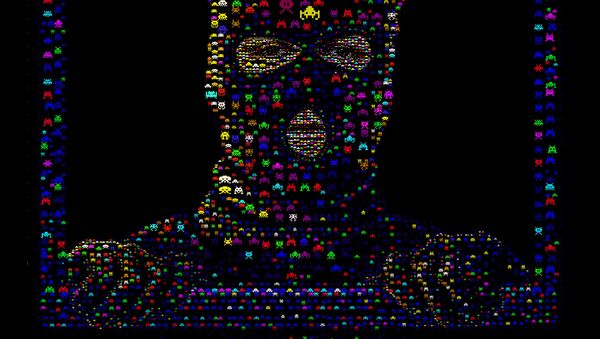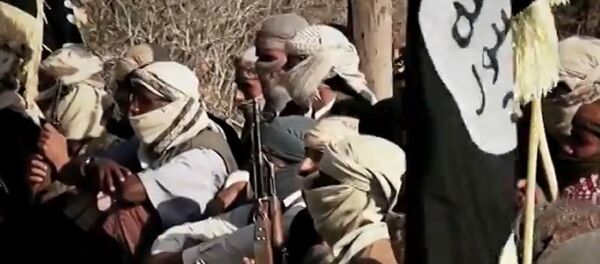A similar proposal was previously mentioned by the religious adviser of the Egyptian president, Usama al Azhari.
The expert said that perhaps this plan will be implemented and the government will allocate the necessary funding for this project.
“We need a cyber army that will receive ideological support from an authoritative institution, like Al-Azhar, to resolve spiritual issues and dispel any misconceptions,” Hasan said. (Al-Azhar is the most prestigious Muslim spiritual university, located in Cairo.)
According to the expert, today terrorist organizations such as Daesh have a strong presence on social networks, where there are approximately 60,000 of their pages.
“They [terrorists] have a huge impact on our youth and they can penetrate every home. On the other hand, the sermons from Al-Azhar and articles of traditional religious organizations are oriented in most cases, to communication and real dialogue. They produce magazines and newspapers that cannot boast a large audience in comparison to social networks,” Hasan said.
He further added that the legislative ban on Facebook and Twitter will not solve this problem. Civil society should support the proposal to create a cyber army in order to dispel misconceptions that are spread by Daesh.
“The struggle must be fought on the same platform where the enemy is leading the offensive. There, too, there are attacks and counter-attacks and voluntarily leaving the battlefield is equivalent to a defeat,” Hasan concluded.
“We are investigating the possibility that IS [Daesh] and other terror groups are setting up a social media platform. We are still working on identifying the full details of the account, including who has set it up and for what purpose," Jan Op Gen Oorth, communications officer for the Europol policing agency told AFP.
The investigation team targeted accounts used by terrorist groups to radicalize, recruit, direct terrorist activities. As a result, 2,068 such pieces of content in 6 different languages were accessed for the purpose of referral, hosted on 52 online platforms.
The coordinated hit against online terrorist propaganda focused mainly on the online production of terrorist materials by Daesh and al-Qaeda affiliated media outlets. The items referred to propaganda videos and publications that glorify or support terrorism and extremism.




